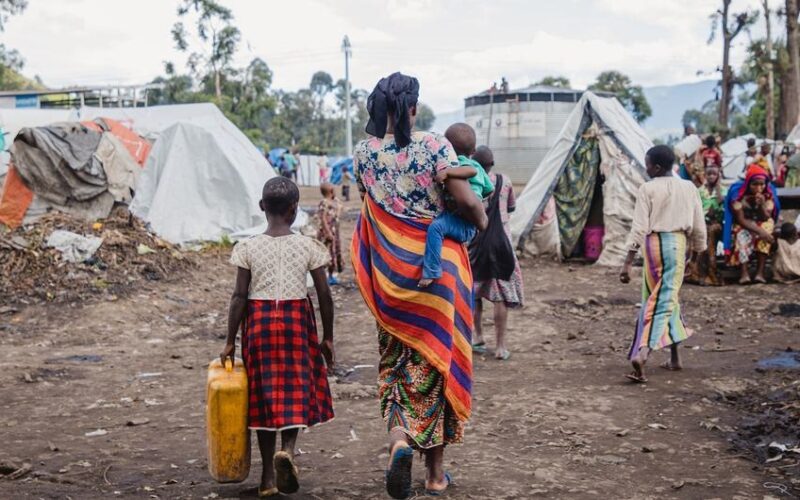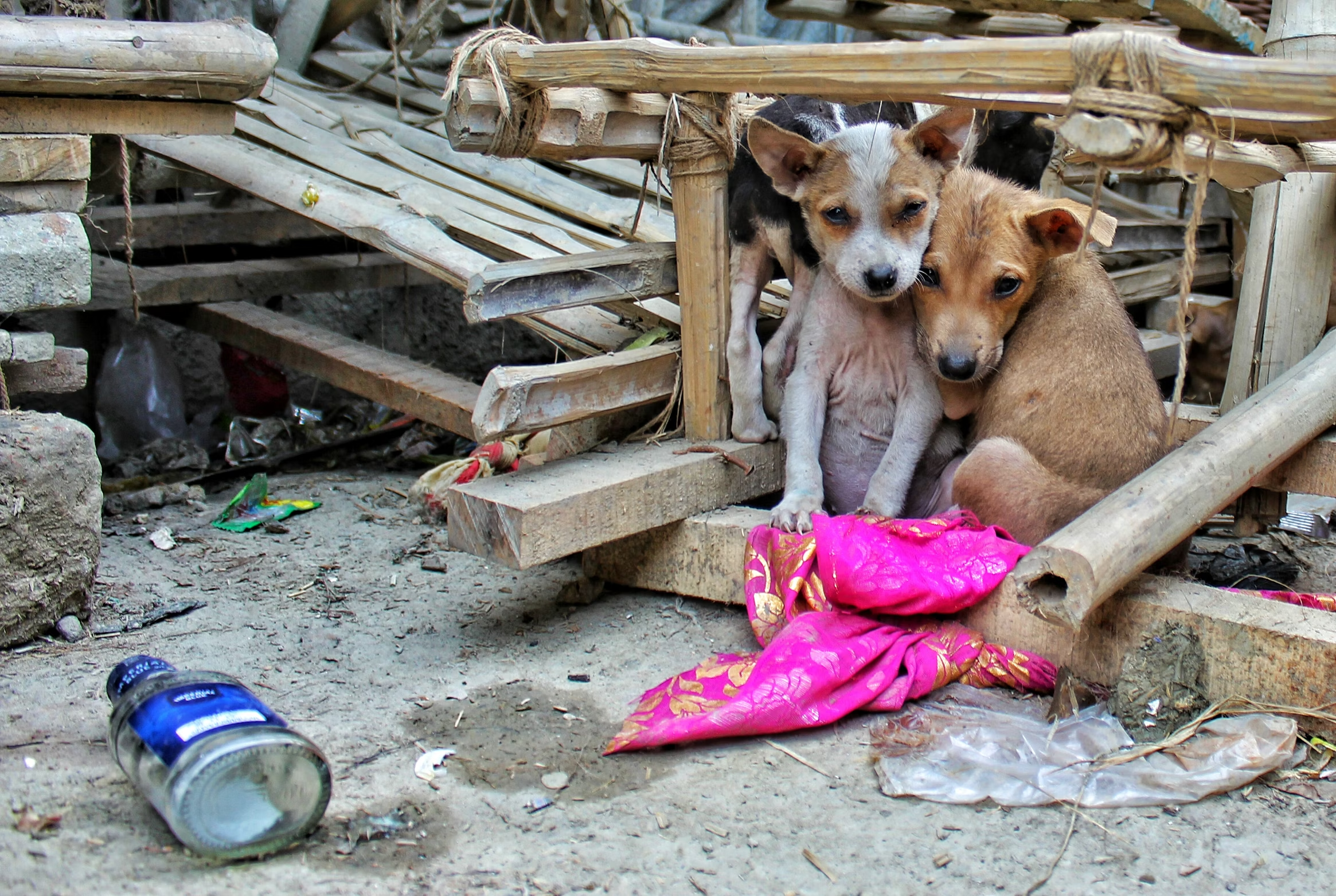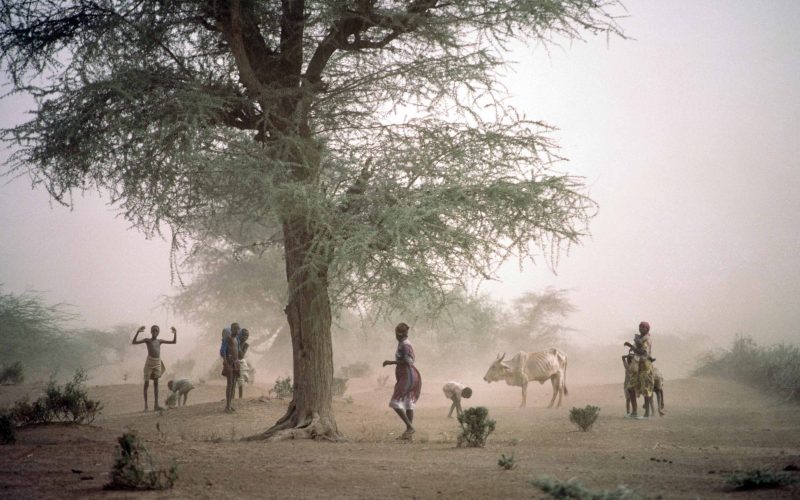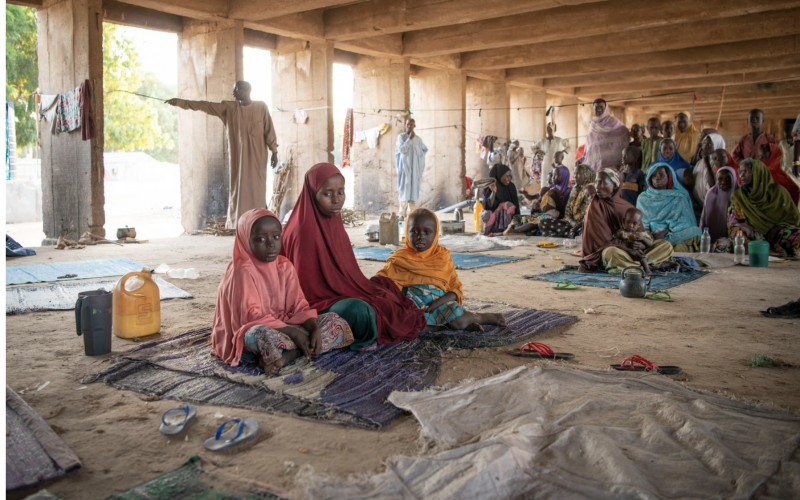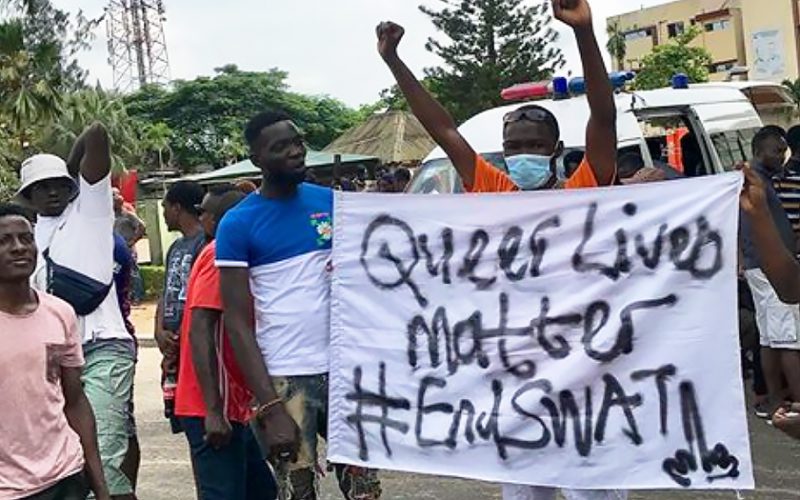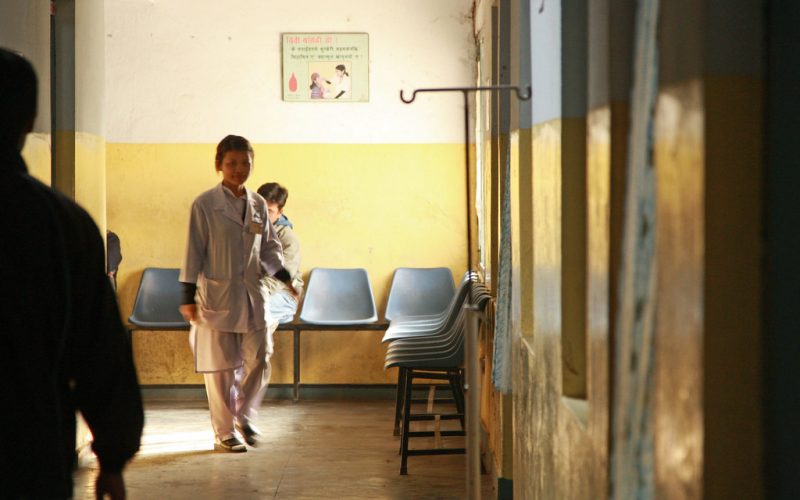In 2010, Margot Wallström, the United Nations Secretary General’s Special Representative on Sexual Violence in Conflict, called the Democratic Republic of the Congo (DRC) “the rape capital of the world’’. […]
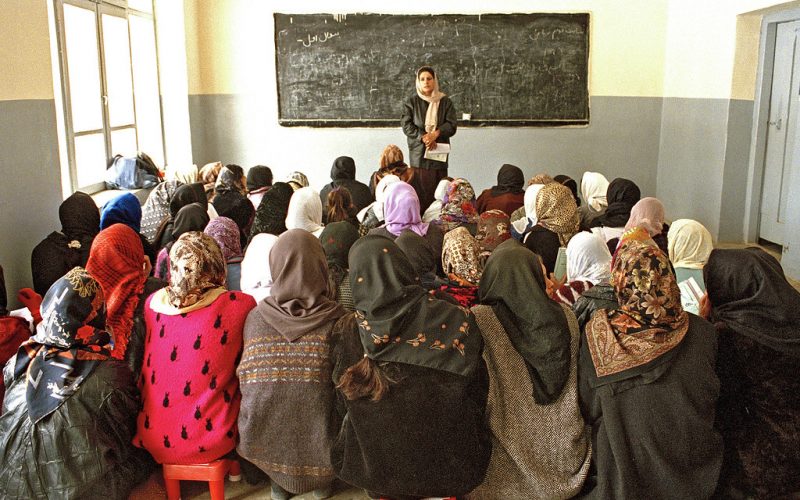
Education is crucial to ensure human dignity of individuals. The right to education, as stipulated by UNESCO, entails primary education that is free, compulsory, and universal, and secondary education that is generally available, accessible to all, and progressively free. Yet, according to UNESCO estimates, 130 million girls ages 6 to 17 are out of school, and 15 million girls of primary-school age will never gain access to a classroom in their lives. Despite education being one of the most powerful tools in elevating the quality of life for marginalized individuals, it is often those very individuals that are subjected to conditions that restrain them from receiving this education. One of the most prominent global barriers to education for children is poverty. While poverty suppresses both male and female education, young girls experience distinct barriers that necessitate specific analysis, as exemplified in my case study of Nigeria.

“The enjoyment of the highest attainable standard of health is one of the fundamental rights of every human being without distinction of race, religion, political belief, economic or social condition,” according to the World Health Organization. Health as a human right, however, has been widely overlooked as it becomes increasingly threatened by the effects of climate change. The health effects are not only diverse but also overwhelmingly negative and wide-ranging. These effects being both direct and indirect will therefore impact all individuals as well as economies worldwide. Populations are pressured to change their diets, rapid changes to ice, snow, and land result in more life-threatening accidents, and natural sources of drinking water are disappearing and diminishing in quality. It is estimated that between 2030 and 2050, there will be 250,000 additional annual deaths resulting from heat exposure, malaria, diarrhoea, and childhood malnutrition. The protection of the environment has thus become a crucial part of the contemporary human rights doctrine. According to the Office of the High Commissions for Human Rights, “Human rights law requires each State to do more than merely refrain from interfering with human rights itself; it also requires the State to undertake due diligence to protect against such harm from other sources.” The State has a duty to its people to safeguard their well being even if it means regulating environmentally harmful corporations and industries. Therefore, it is the evident inaction by global institutions, such as governments, relating to the exacerbation of climate change that violates the fundamental human right to health.
Across Nigeria, reports of mental health patients being mistreated in “treatment centres” – presumed medical centres dedicated to treating mental health patients – led human rights group Human Rights Watch (HRW) to visit and investigate these centres. They found that patients were being chained, denied meals and a sanitary environment, and in some cases even harmed physically as part of their treatment procedure.

